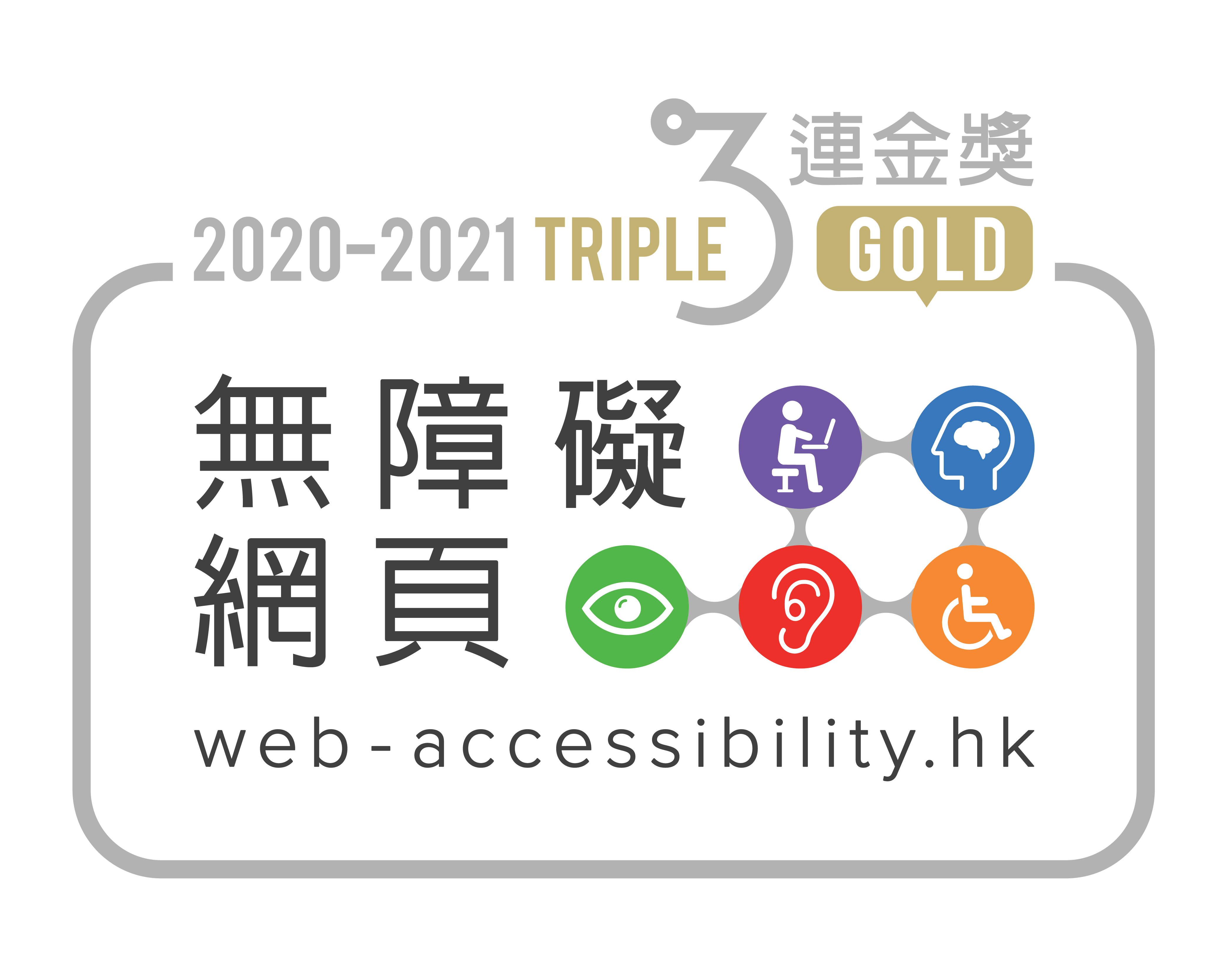CUHK
News Centre
Survey Findings on Views about COVID-19 Released by Hong Kong Institute of Asia-Pacific Studies at CUHK
A telephone survey was conducted from 16 to 25 September 2021 by the Hong Kong Institute of Asia-Pacific Studies, The Chinese University of Hong Kong, to gauge public views about COVID-19 and epidemic prevention. Of the respondents, 64.1% disagreed that individuals who had not been vaccinated or did not have valid proof of a negative COVID-19 test result (hereafter, individuals who had not been vaccinated) should be banned from entering “restaurants and bars”. The corresponding percentages of “public facilities” and “personal service shops, such as beauty parlours and gymnasiums” were 56.6% and 43.7%, respectively.
Major findings are summarised as follows:
The survey found that 64.1% of the respondents disagreed (including those who disagreed or strongly disagreed) that individuals who had not been vaccinated should be banned from entering “restaurants and bars”, but 28.9% agreed (including those who agreed or strongly agreed). 56.6% of the respondents disagreed to ban unvaccinated people from entering “public facilities, such as public libraries and public sport centres”, but 35.7% agreed. 43.7% of the respondents disagreed to ban unvaccinated people from entering “premises related to service shops, such as beauty parlours and gymnasiums”, but 42.1% held the opposite opinion. It suggests that the public did not want more restrictions on those who had not been vaccinated.
In terms of relaxing the current countermeasures against COVID-19 for those who are vaccinated, 52.1% of the respondents believed that the government should do so. Meanwhile, 38.3% did not think so. It shows that the public tended to support relaxing the countermeasures for those who are vaccinated. A statistical analysis (Chi-squared test) found that there is no significant difference in percentage distribution of responses to these questions conducted in the surveys in September and July 2021.
In addition, 44.2% of the respondents endorsed a relaxation of the current countermeasures by the government. Meanwhile, 37.0% believed the current countermeasures should remain the same, and 11.9% would like them to be tightened. A statistical analysis (Chi-squared test) found no significant difference in percentage distribution of the responses obtained in September and July 2021.
In terms of the intention to get vaccinated, 59.2% of the respondents had already done so, 13.0% answered that they would be getting vaccinated and 12.5% said they would not get vaccinated. 15.3% had not made a decision yet. Statistical analysis (Chi-squared test) found that the differences between September and July 2021 were statistically significant. The figure for “get vaccinated” increased by 14.7 percentage points, while that of “not made a decision” decreased by 6.5 percentage points.
Lastly, 60.2% of the respondents were not worried at all about being infected, and 31.2% said that they were somewhat worried. Only 5.0% and 1.9% were quite worried and very worried, respectively. Statistical analysis (Chi-squared test) found that the differences between September and July 2021 were statistically significant. The figures of “not worried” increased by 6.8 percentage points.
The survey employed a dual-frame sampling design that included both landline and mobile phone numbers. A total of 716 respondents aged 18 or above (landline: 351; mobile: 365) were successfully interviewed, with response rates of 27.7% (landline) and 32.4% (mobile). The sampling error is estimated at plus or minus 3.66 percentage points at the 95% confidence level. Weighting of survey data was based on the probability of the respondents being selected via dual-frame sampling design and relevant age-sex distribution of the population published by the Census and Statistics Department.
